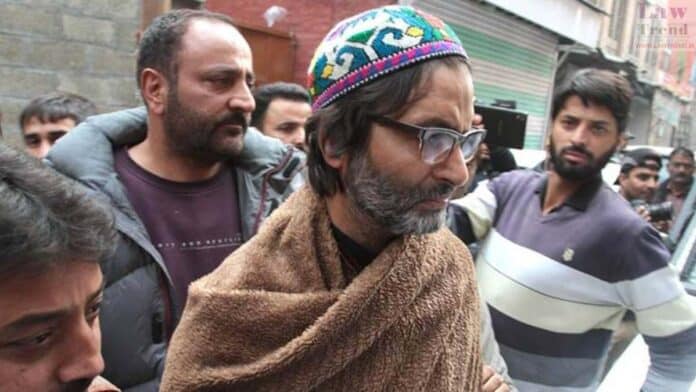In a pivotal decision, the Supreme Court on Friday granted permission to Yasin Malik, the incarcerated chief of the Jammu and Kashmir Liberation Front (JKLF), to cross-examine witnesses through video conferencing from Tihar Jail. This ruling pertains to two high-profile cases: the 1989 kidnapping of Rubaiya Sayeed, daughter of former union minister Mufti Mohammed Sayeed, and the deadly 1990 shootout in Srinagar that resulted in the deaths of four Indian Air Force personnel.
The order was issued following a plea by the Central Bureau of Investigation (CBI), which requested the transfer of the trials from Jammu to New Delhi for security reasons and logistical convenience. The court reviewed the technological capabilities for video conferencing in both Tihar Jail and the Jammu sessions court, with findings indicating adequate facilities to conduct such virtual examinations.
Justices Abhay S Oka and Ujjal Bhuyan, who presided over the hearing, acknowledged the submissions from both the CBI and Malik himself. Notably, Malik has opted to cross-examine the witnesses without the assistance of a lawyer, a move that underscores his direct involvement in the proceedings.
Rubaiya Sayeed, who is now residing in Tamil Nadu, is a crucial prosecution witness in these cases. She was kidnapped in 1989 and subsequently released after five days when the then-central government acquiesced to the kidnappers’ demands by releasing five terrorists. The CBI took over the investigation of these cases in the early 1990s, leading to prolonged legal battles.
Yasin Malik has been a prominent figure in the Kashmir conflict and was sentenced in May 2023 by a special NIA court on charges related to terror funding.




